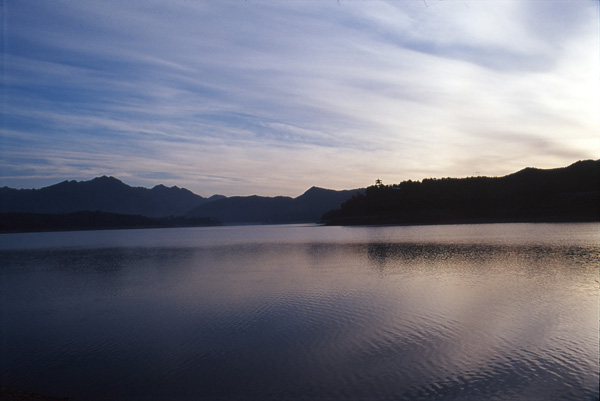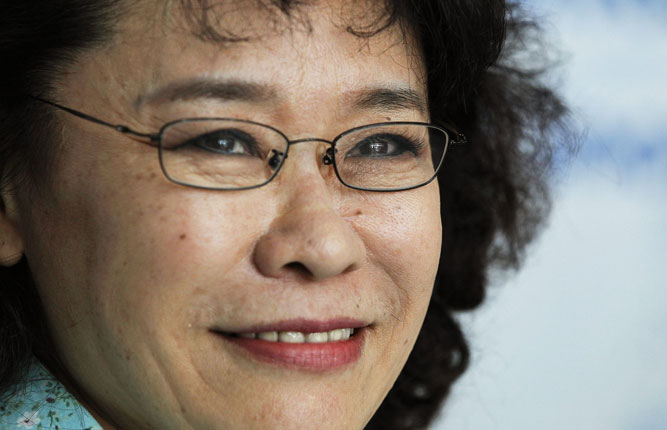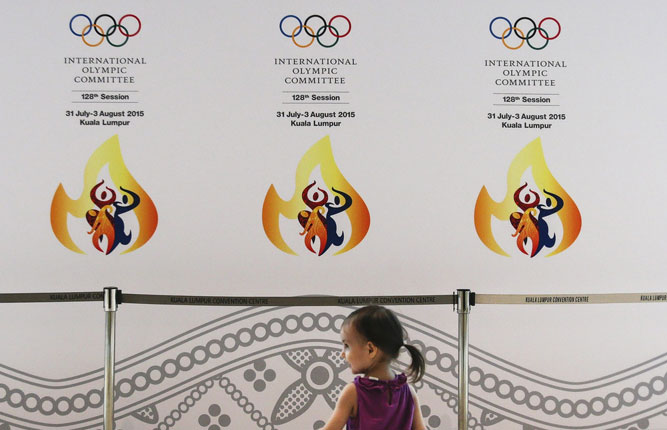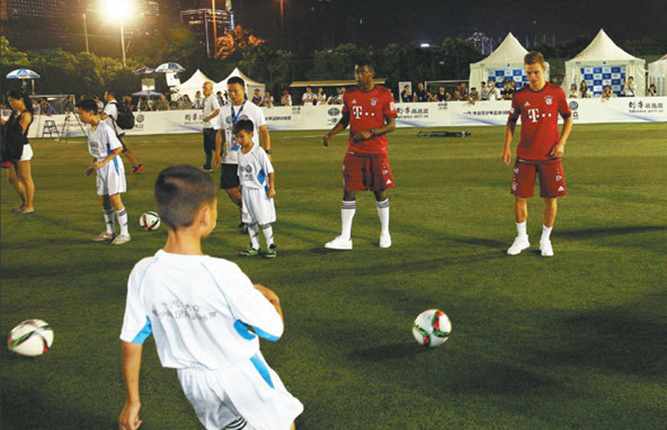'Games will not put pressure on water supplies'
By Zheng Jinran (China Daily) Updated: 2015-06-25 00:58
 |
|
The Baihepu Reservoir in Yanqing. The county, northwest of Beijing, boasts abundant water resource. Provided to China Daily |
Extra consumption in competition zones seen as no burden, Zheng Jinran reports.
Any boost in water consumption resulting from hosting the 2022 Winter Olympics and Paralympics would not affect supplies to homes and businesses in Yanqing county, according to the Beijing authorities.
The bid to stage the Games states that the alpine skiing, bobsled, luge and skeleton events would all be held at purpose-built facilities in the county's Xiaohaituo Mountain area.
However, if the bid is successful, government officials say, the increase in water consumption during the Games would account for less than 0.25 percent of the Chinese capital's daily supply.
An estimated 142,000 cubic meters of water would be used to make artificial snow in the proposed competition venues in 2022, and daily consumption could reach about 4,733 cu m, Beijing Water Authority said in a report. The daily consumption for households in the county will be an estimated 1,032 cu m.
"Considering the growth in daily water supplies in Beijing, the extra consumption for the competition zones will not be a burden at all," said Dai Yuhua, director of the authority's water resources office.
In recent years, the capital has had more water sources due to the massive South-to-North Water Diversion Project and more efficient water recycling facilities.
Beijing annually will receive 1.05 billion cu m of water via the project's central route, which since December has been bringing supplies from Danjiangkou Reservoir, in the middle-upper reaches of Hanjiang River, the largest tributary of the Yangtze River.








